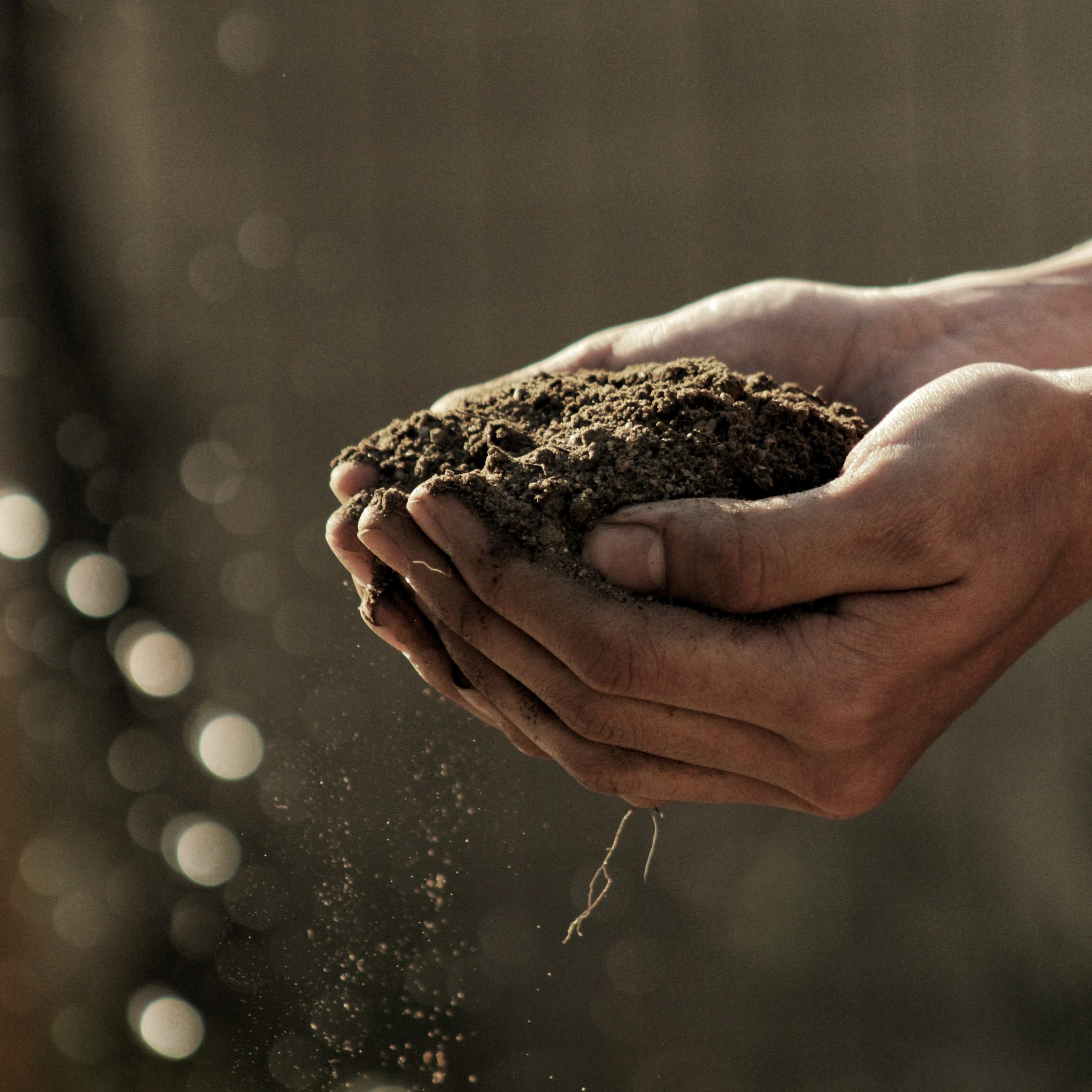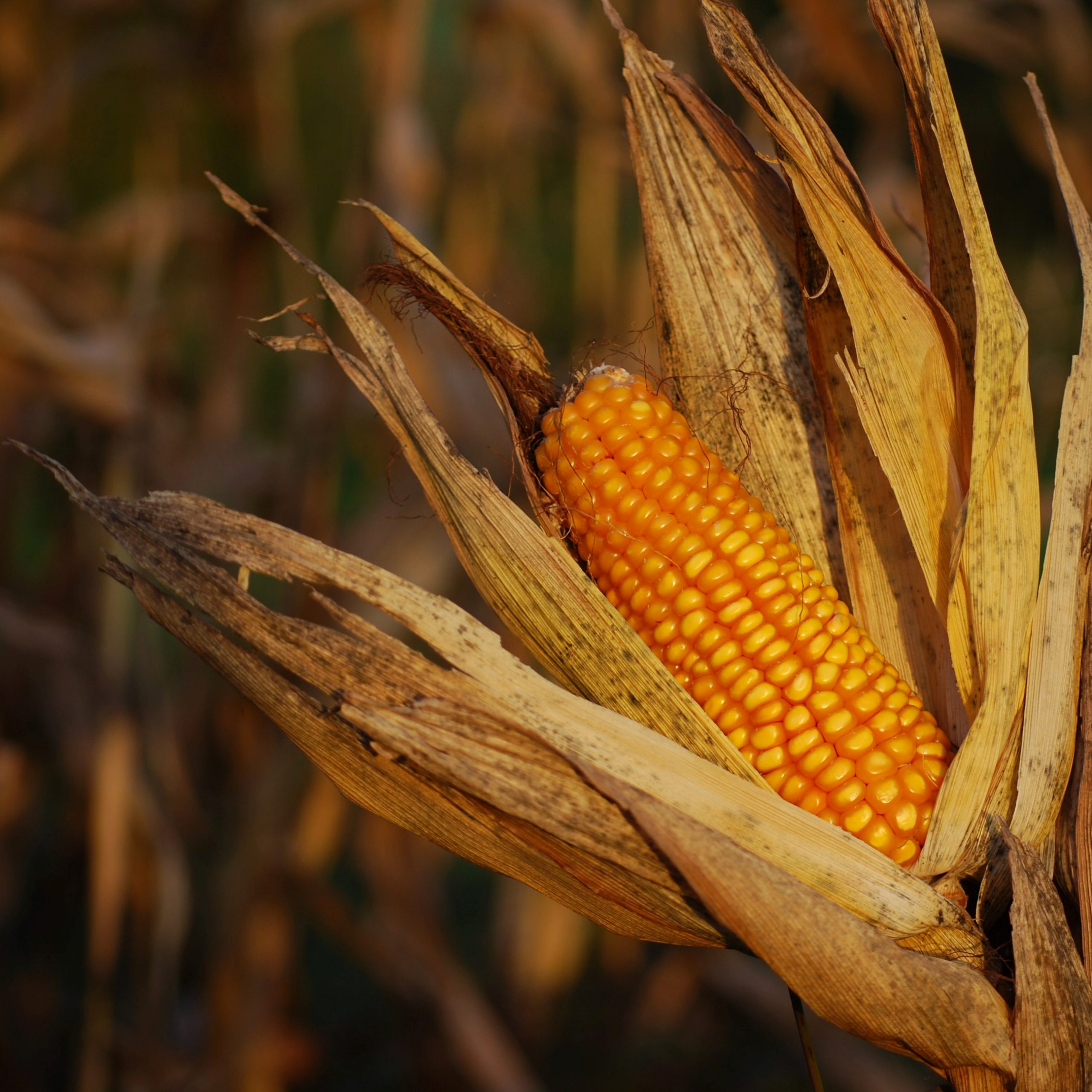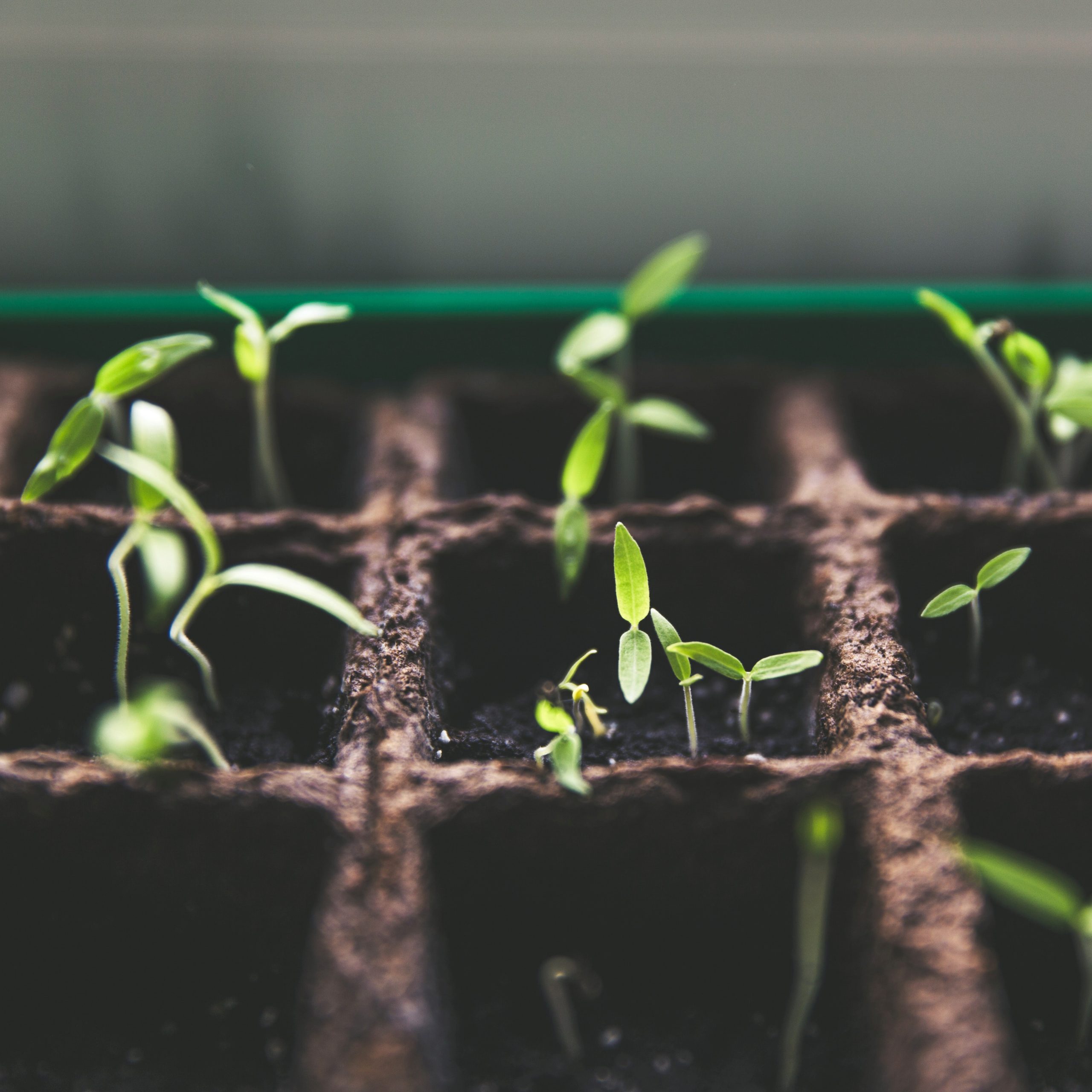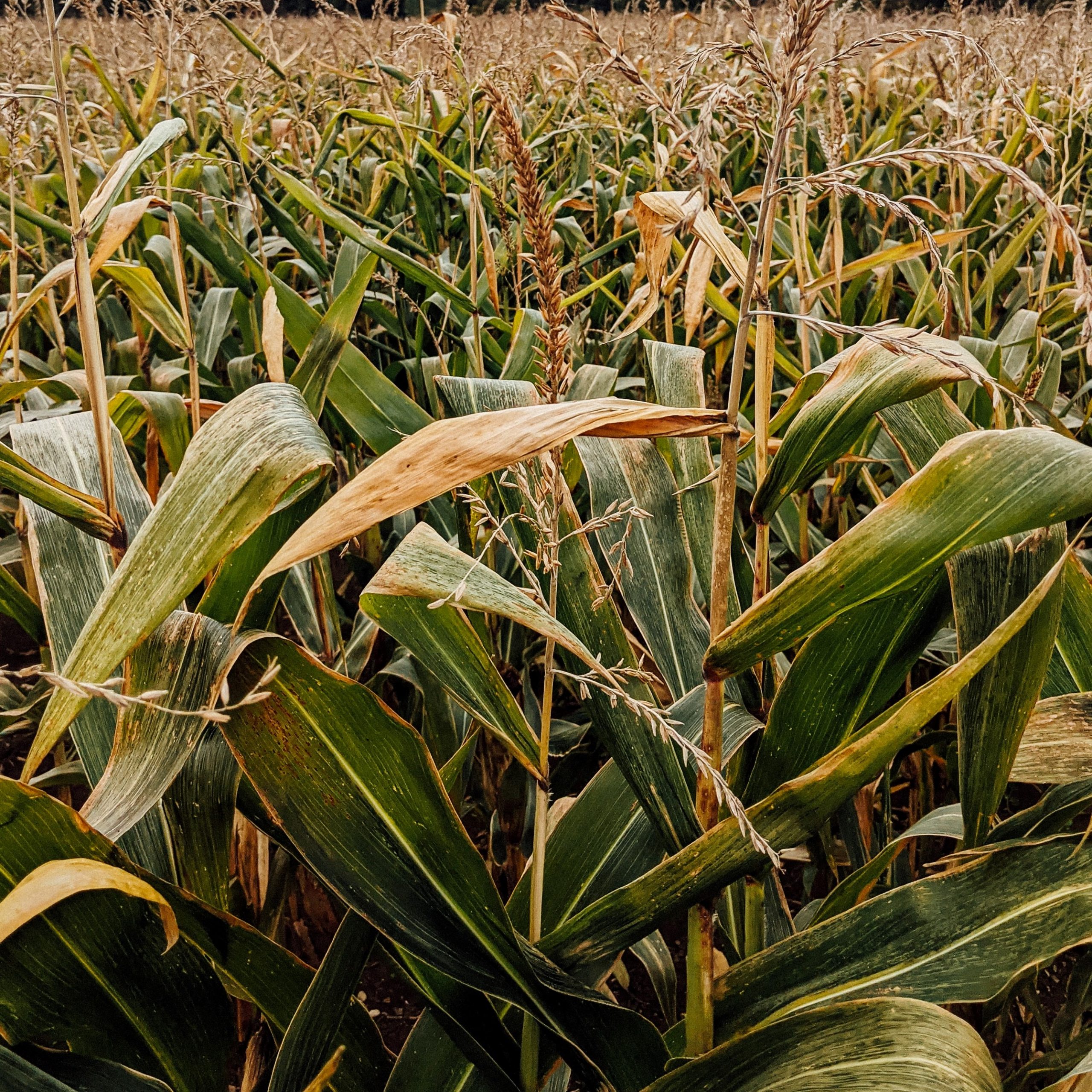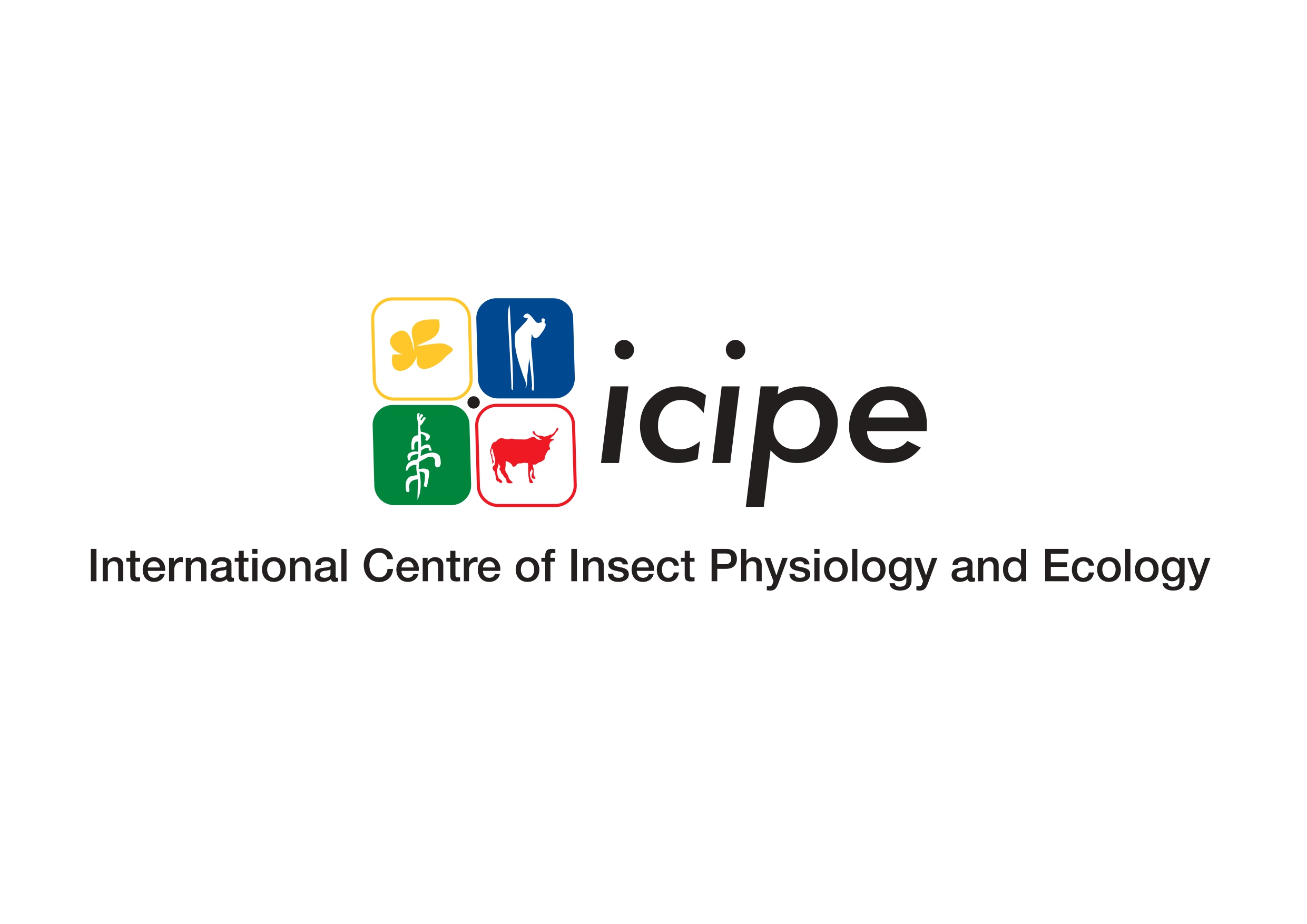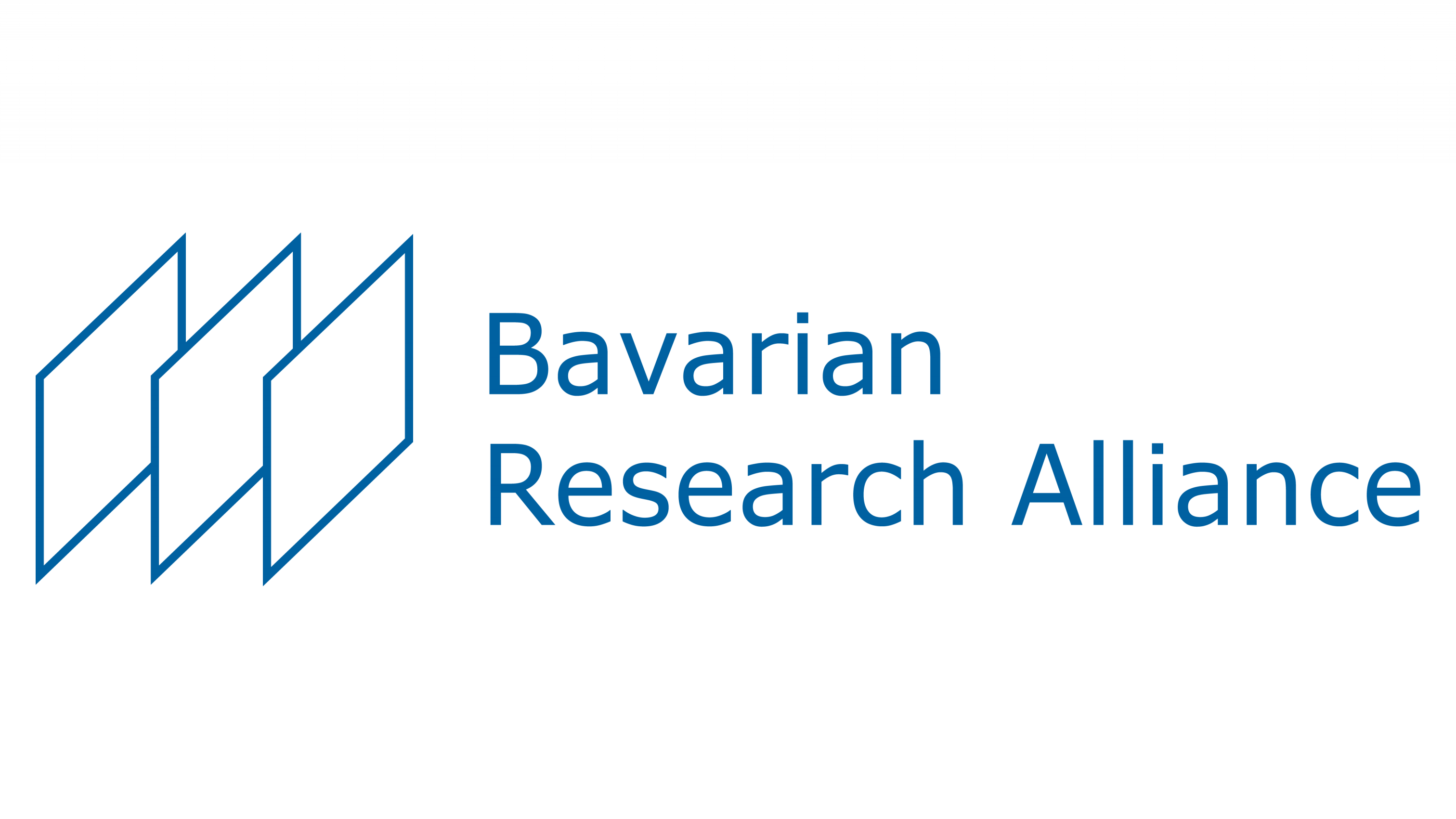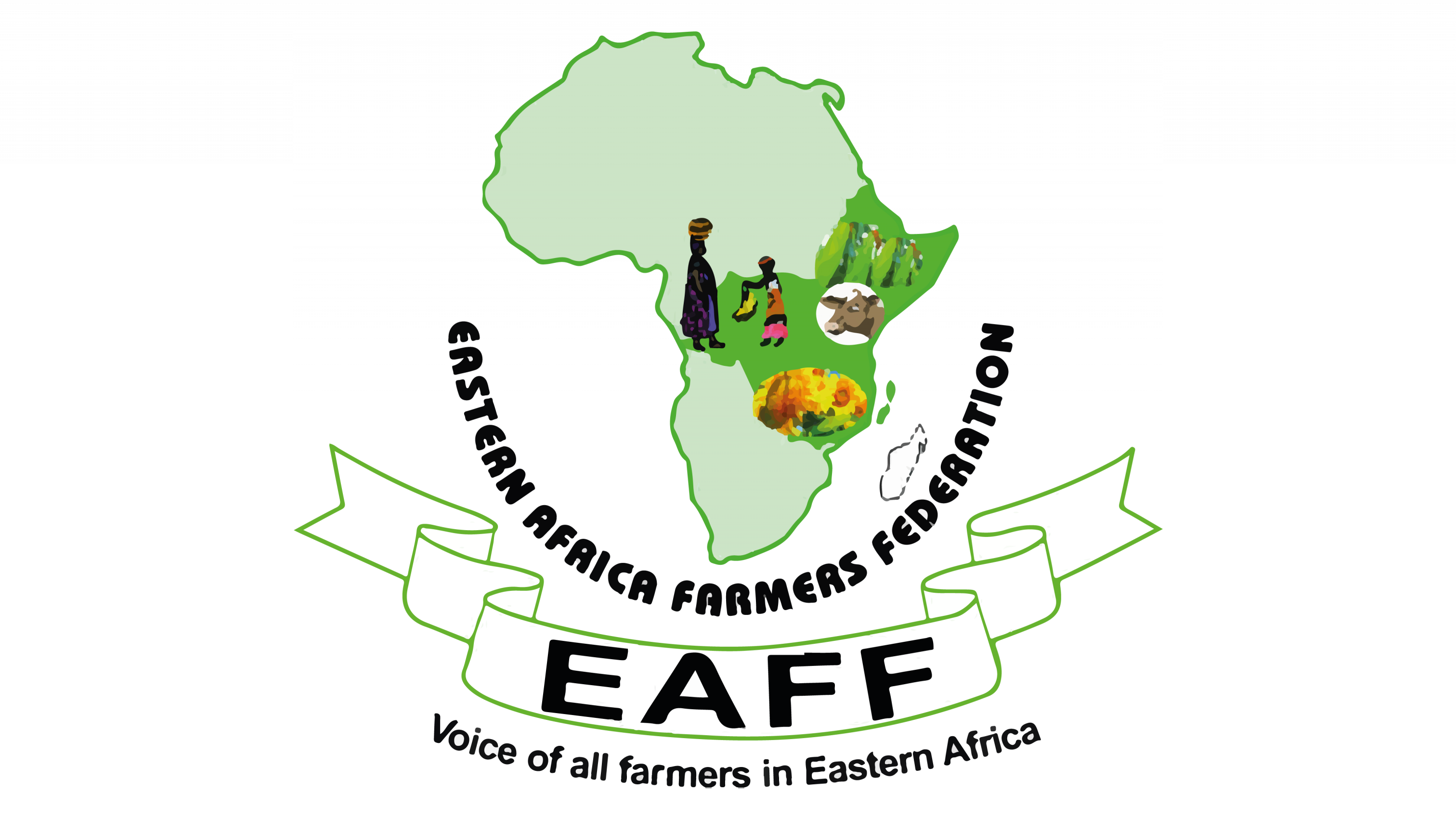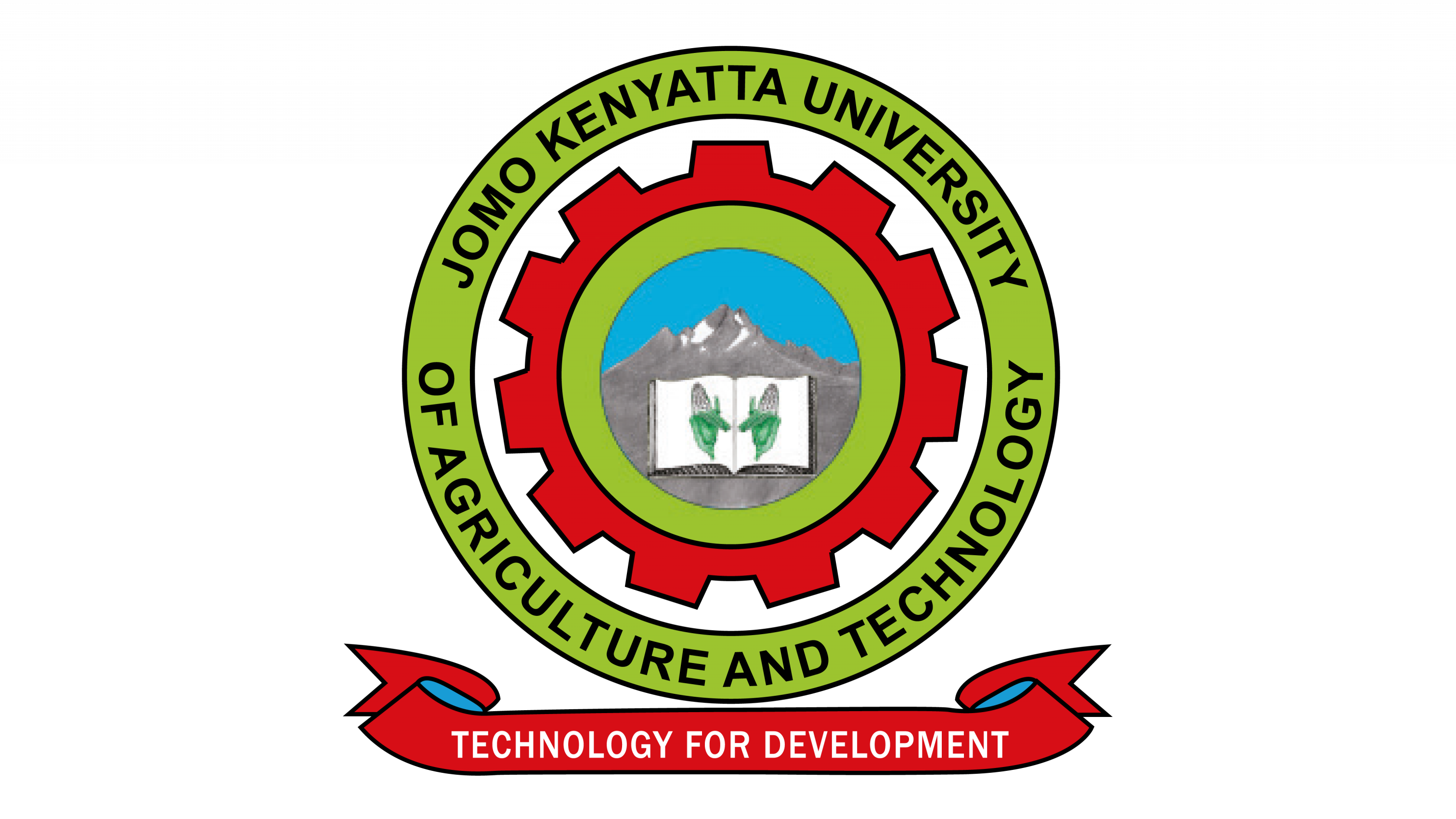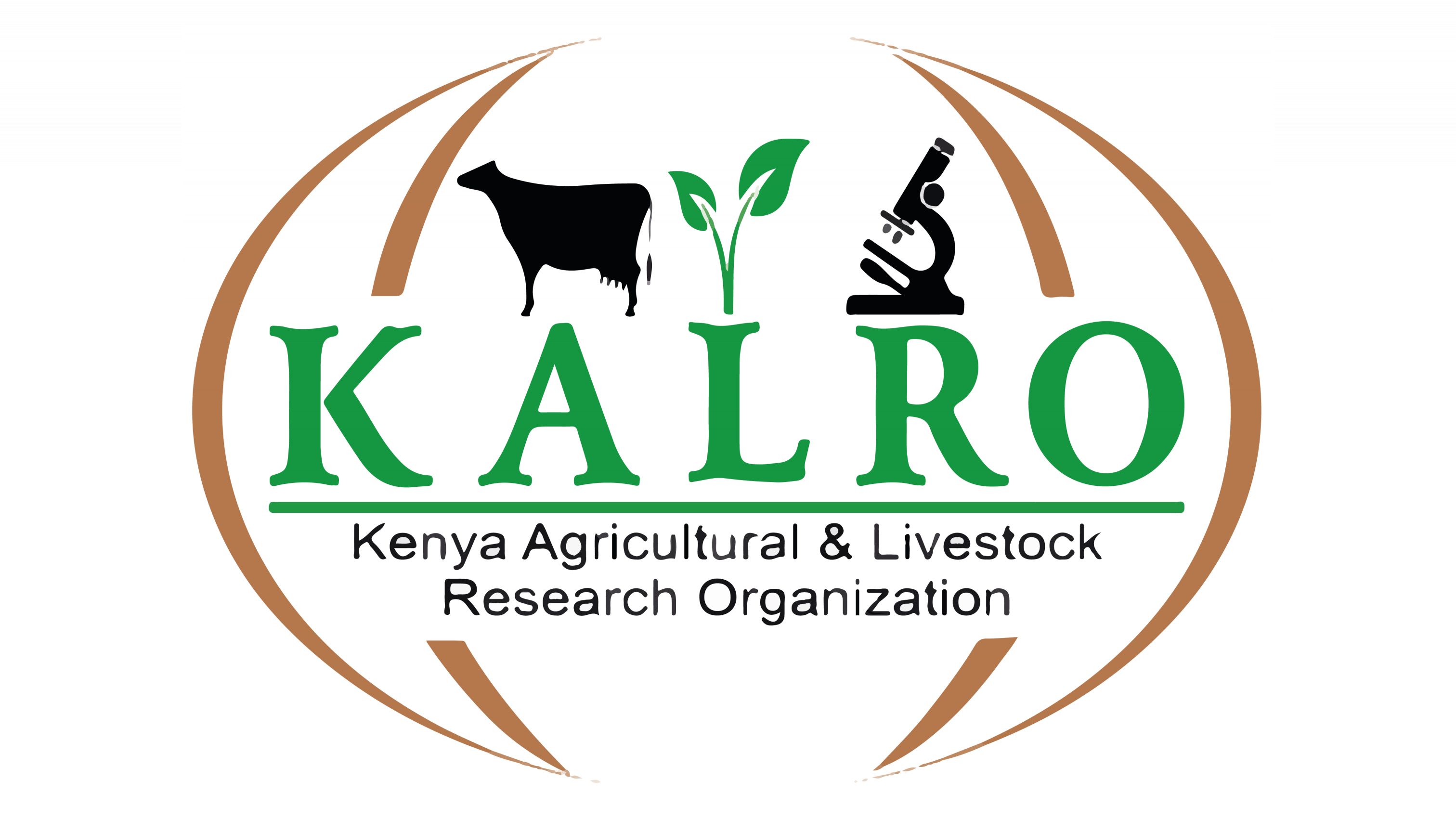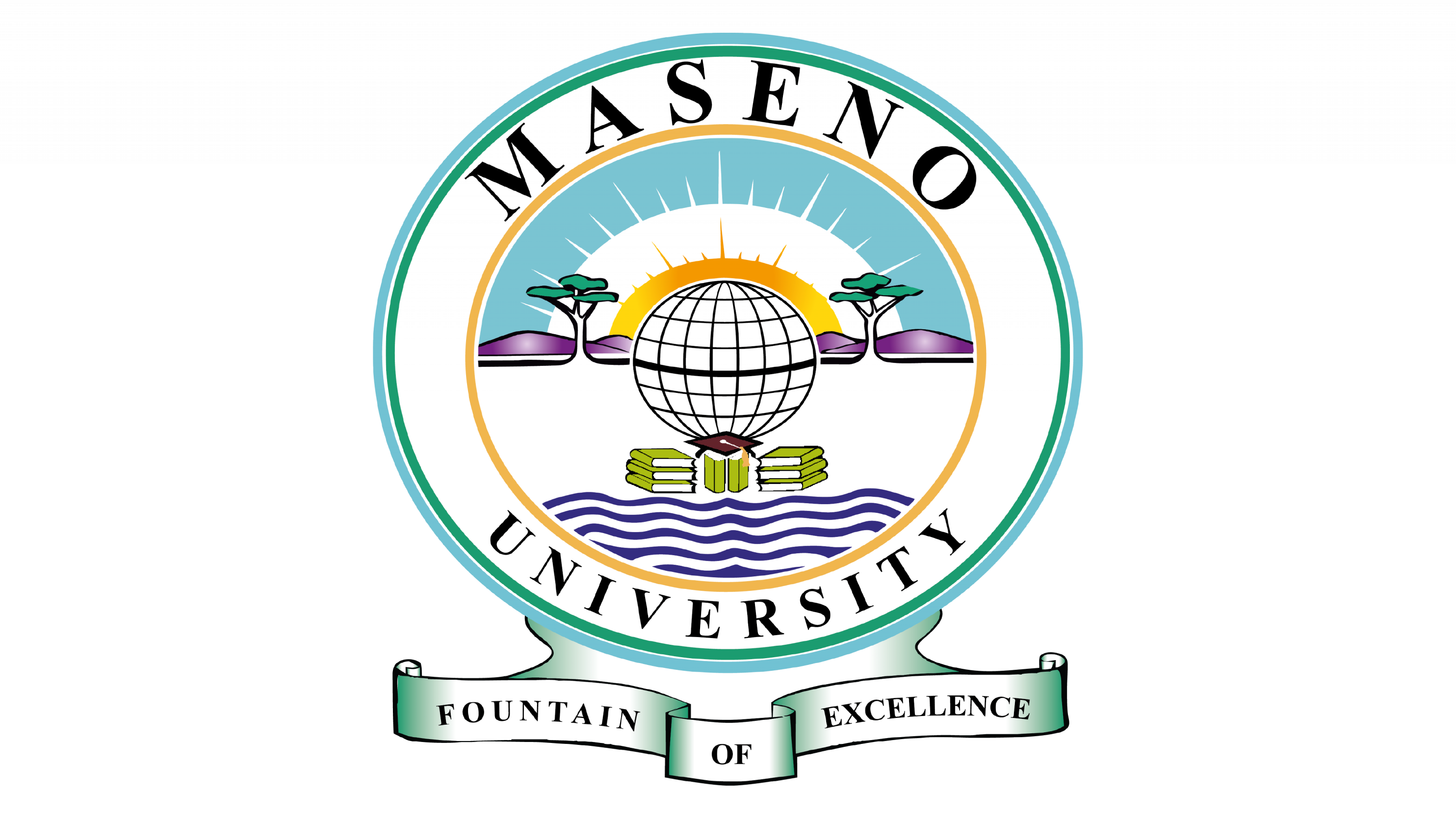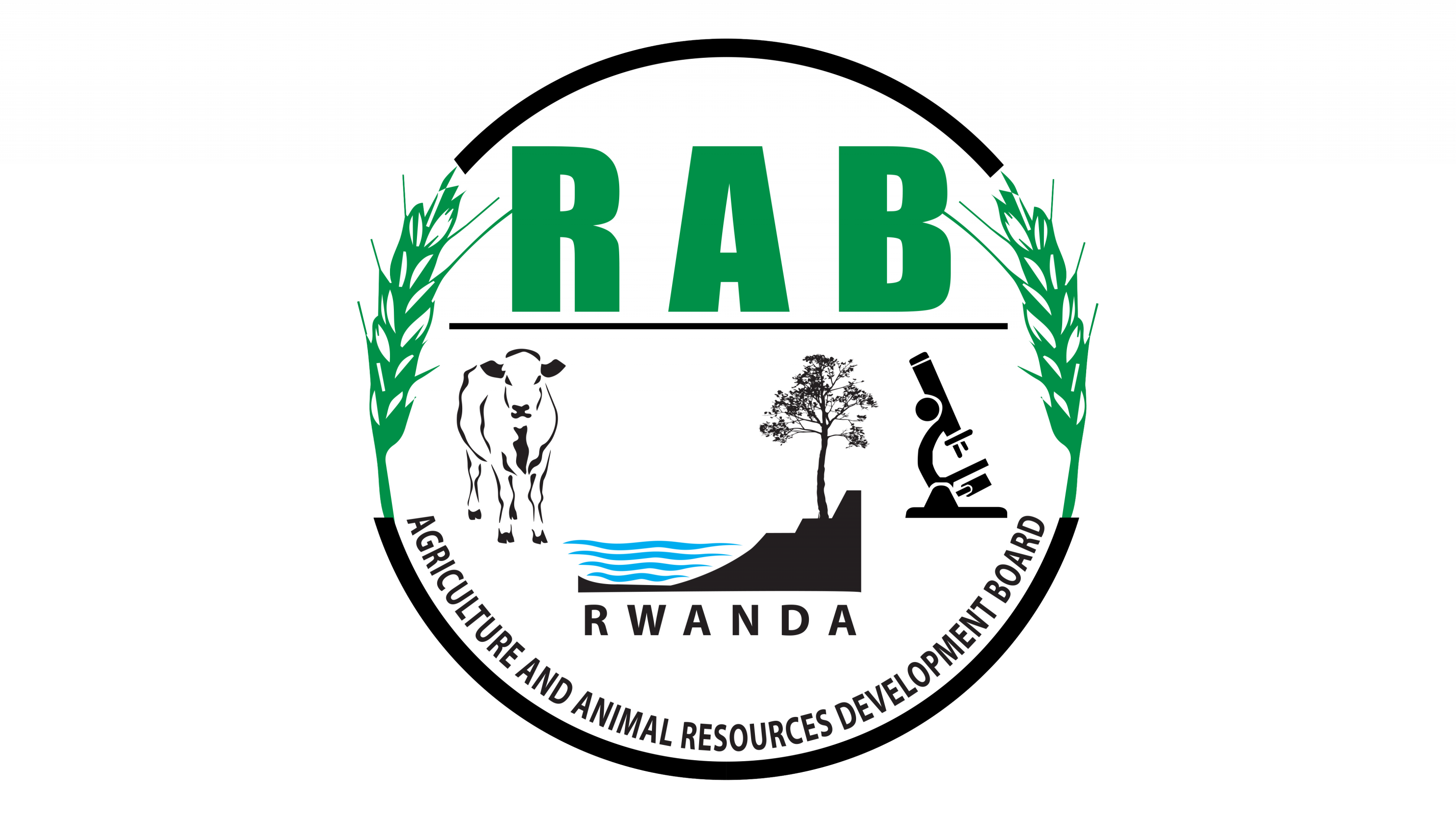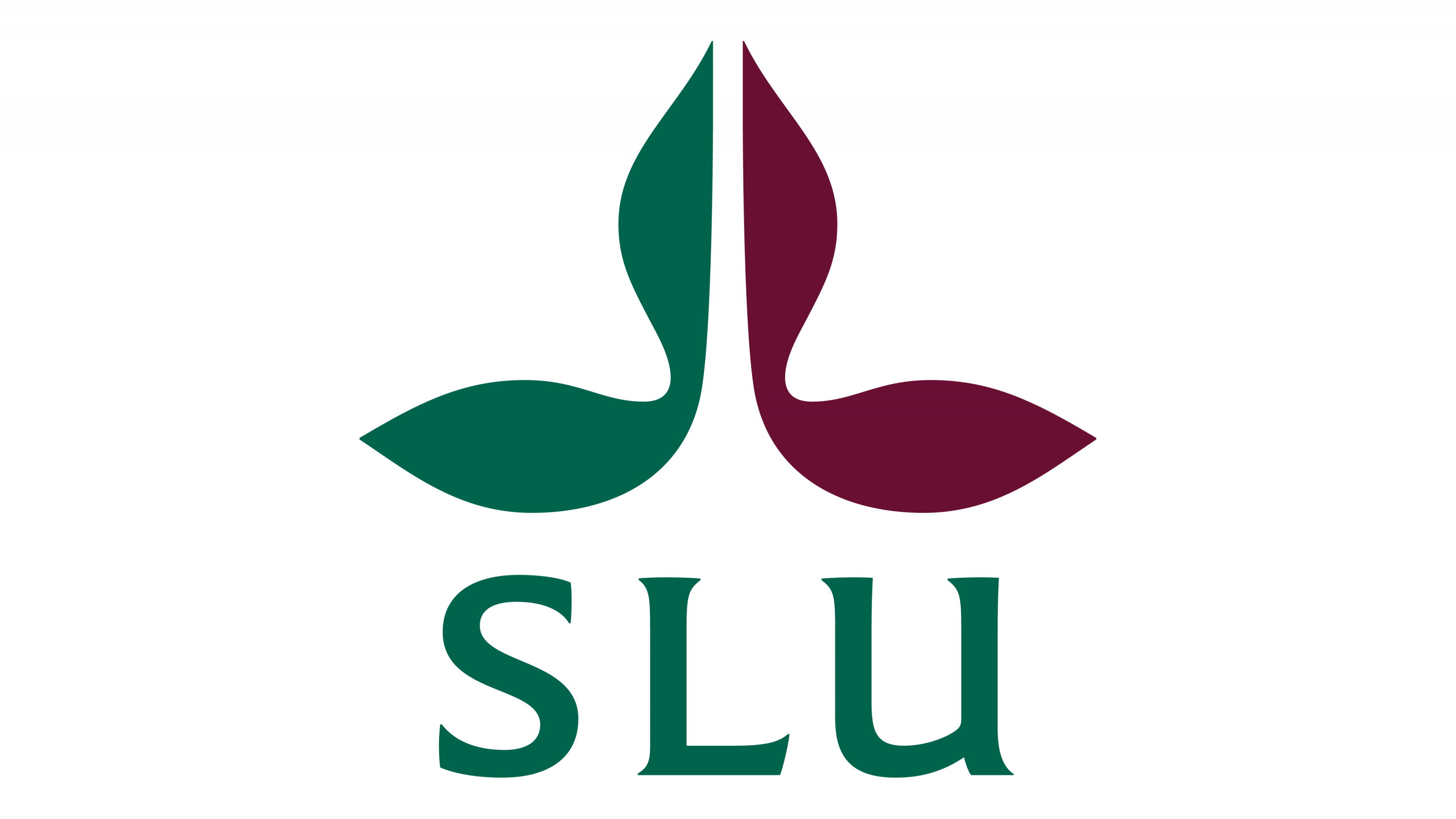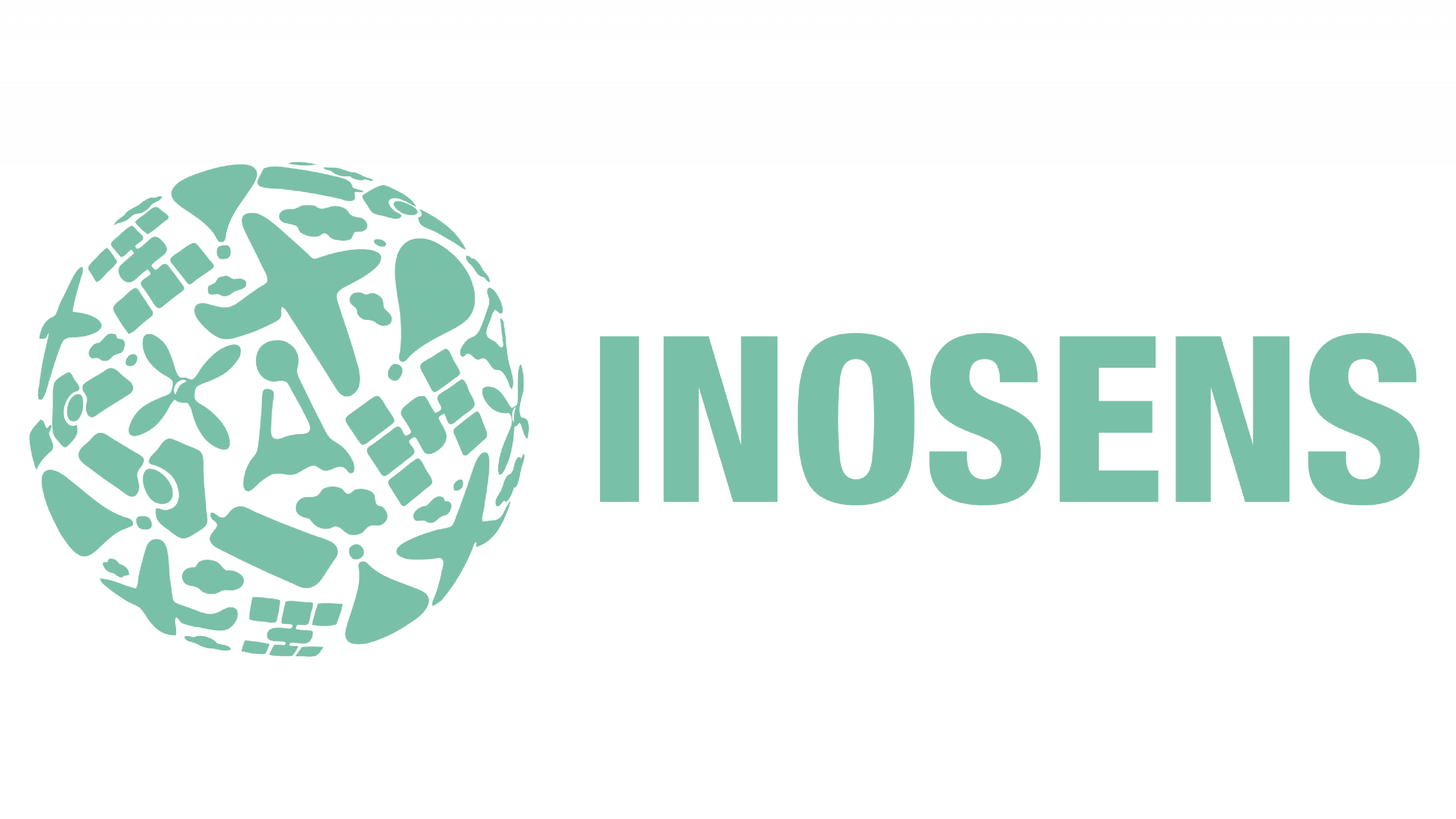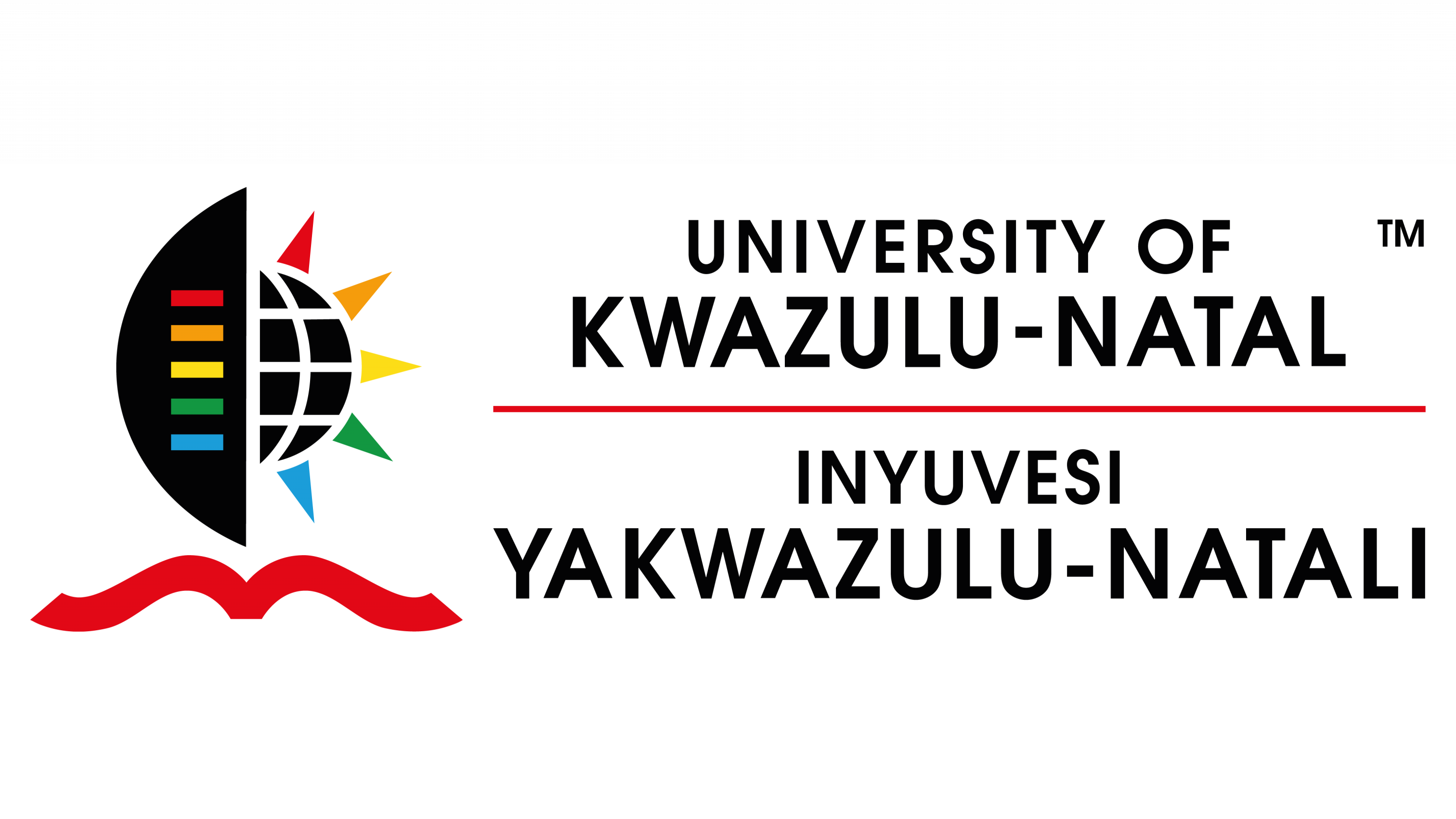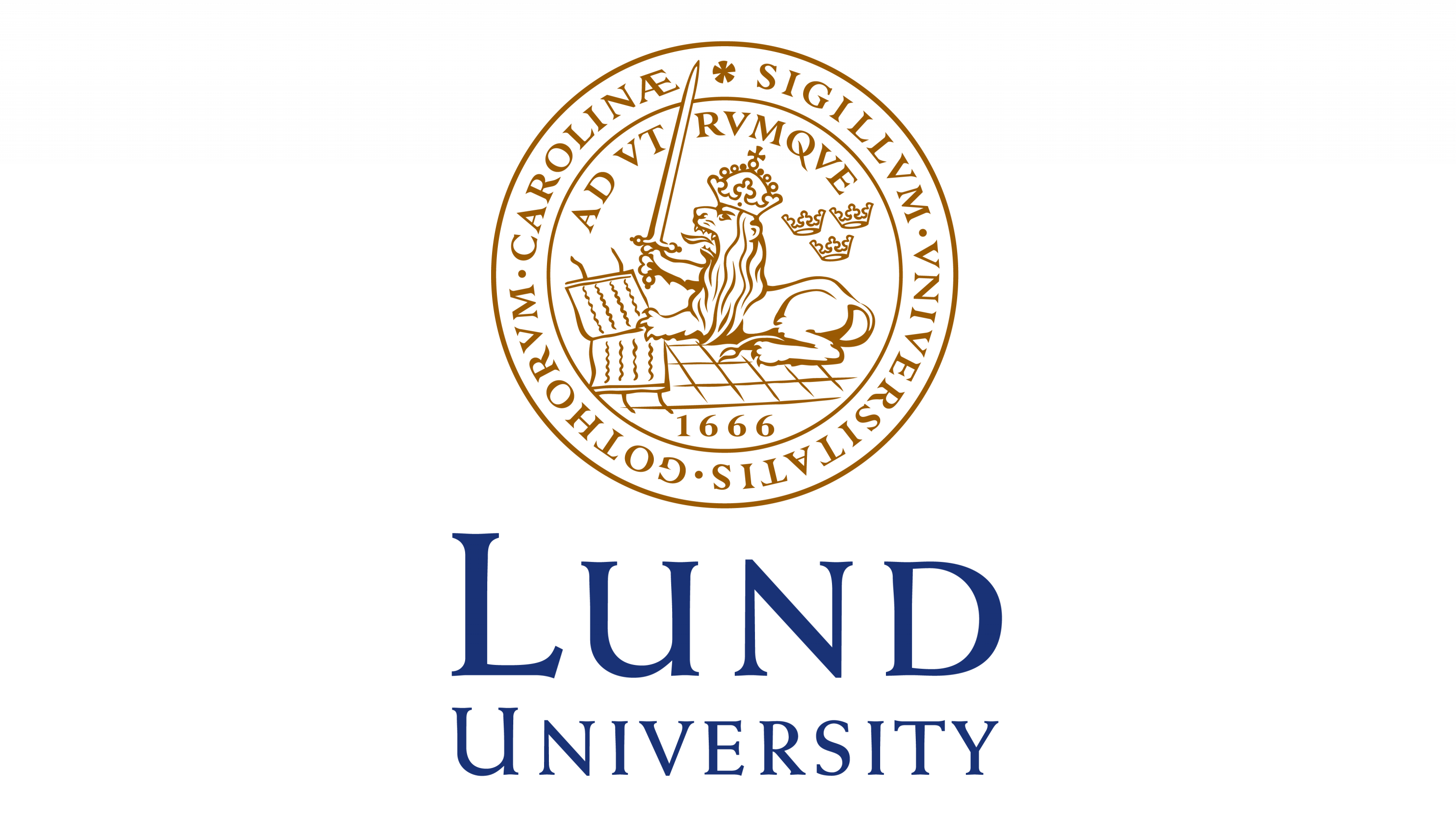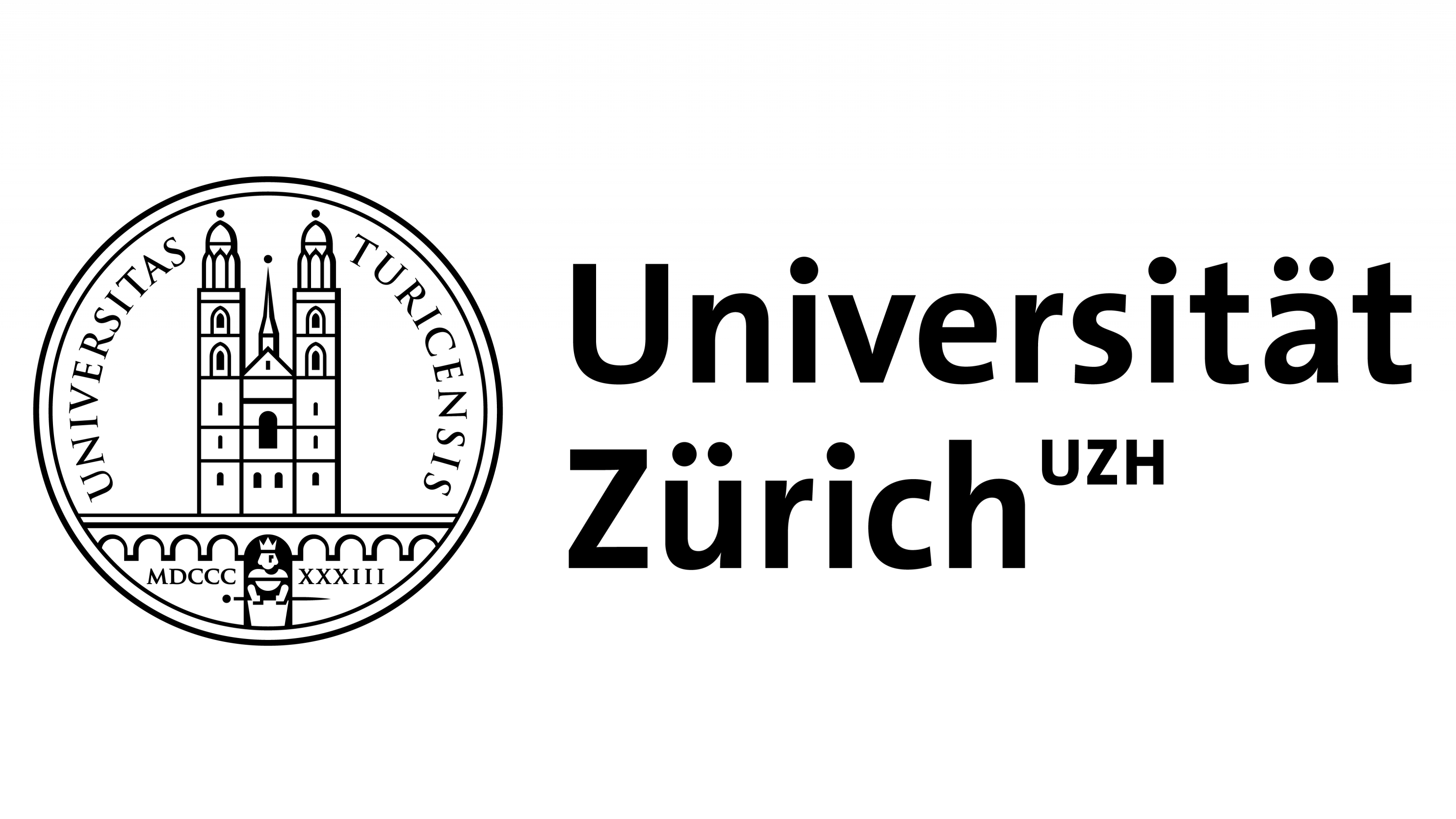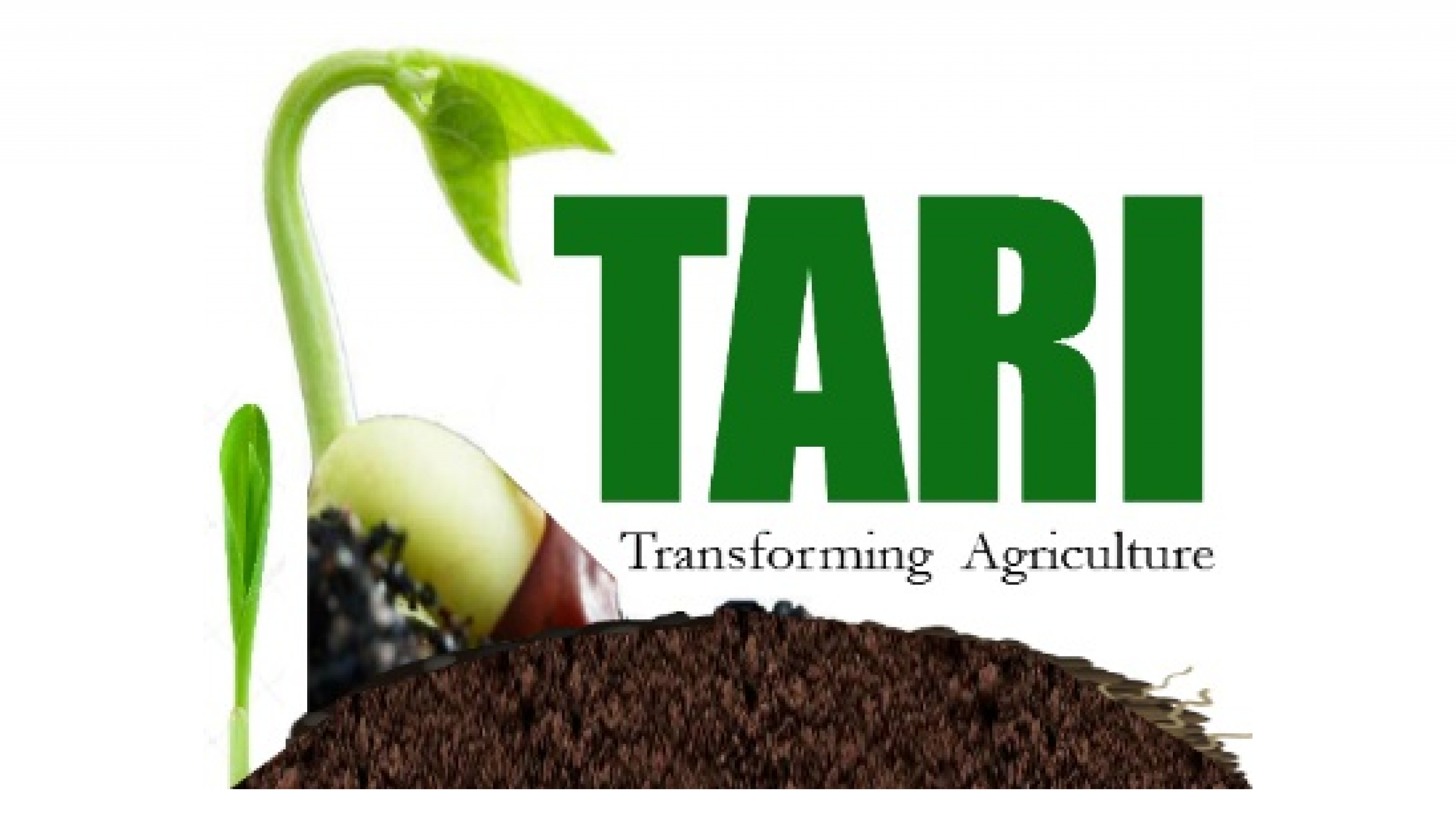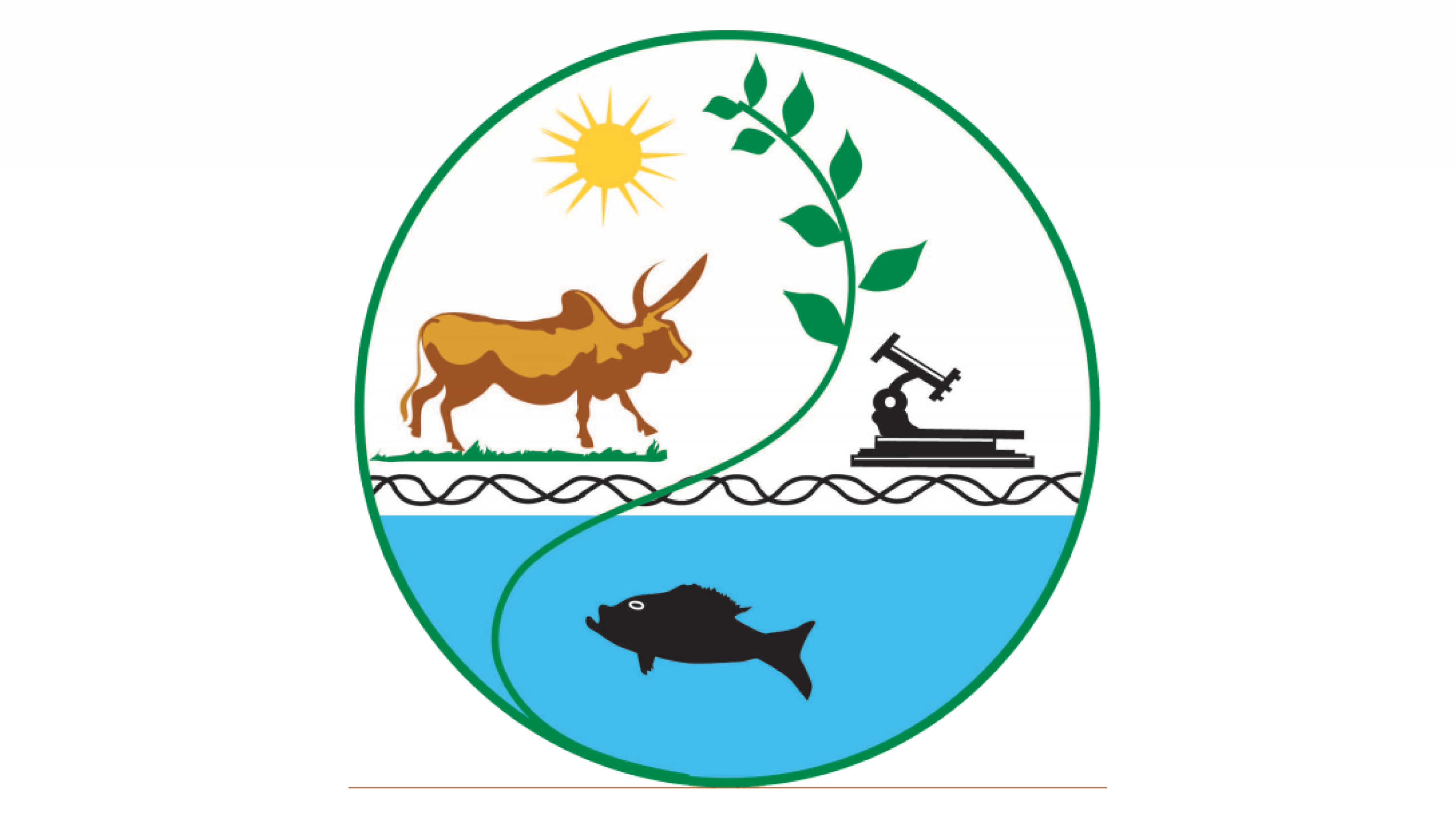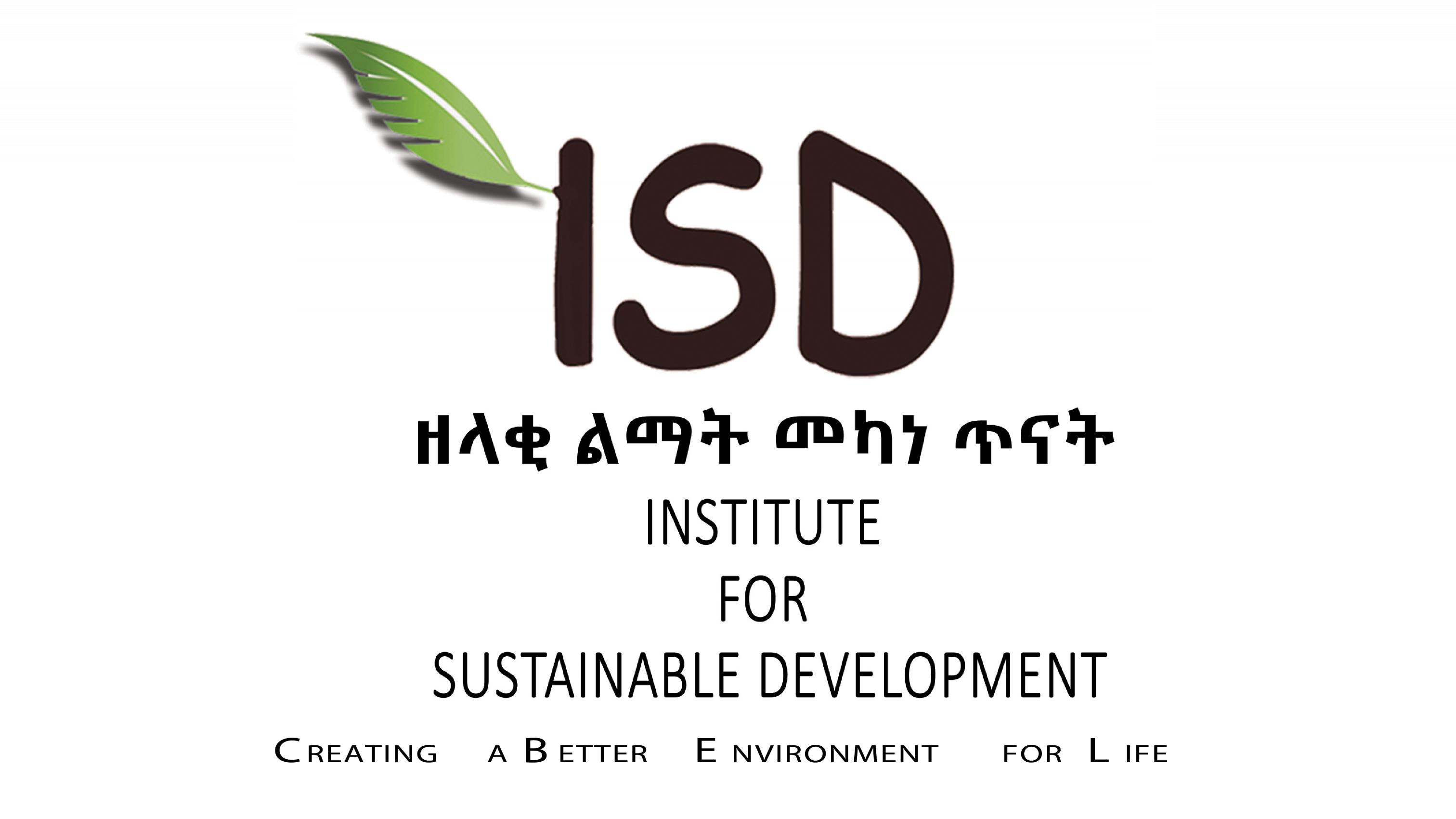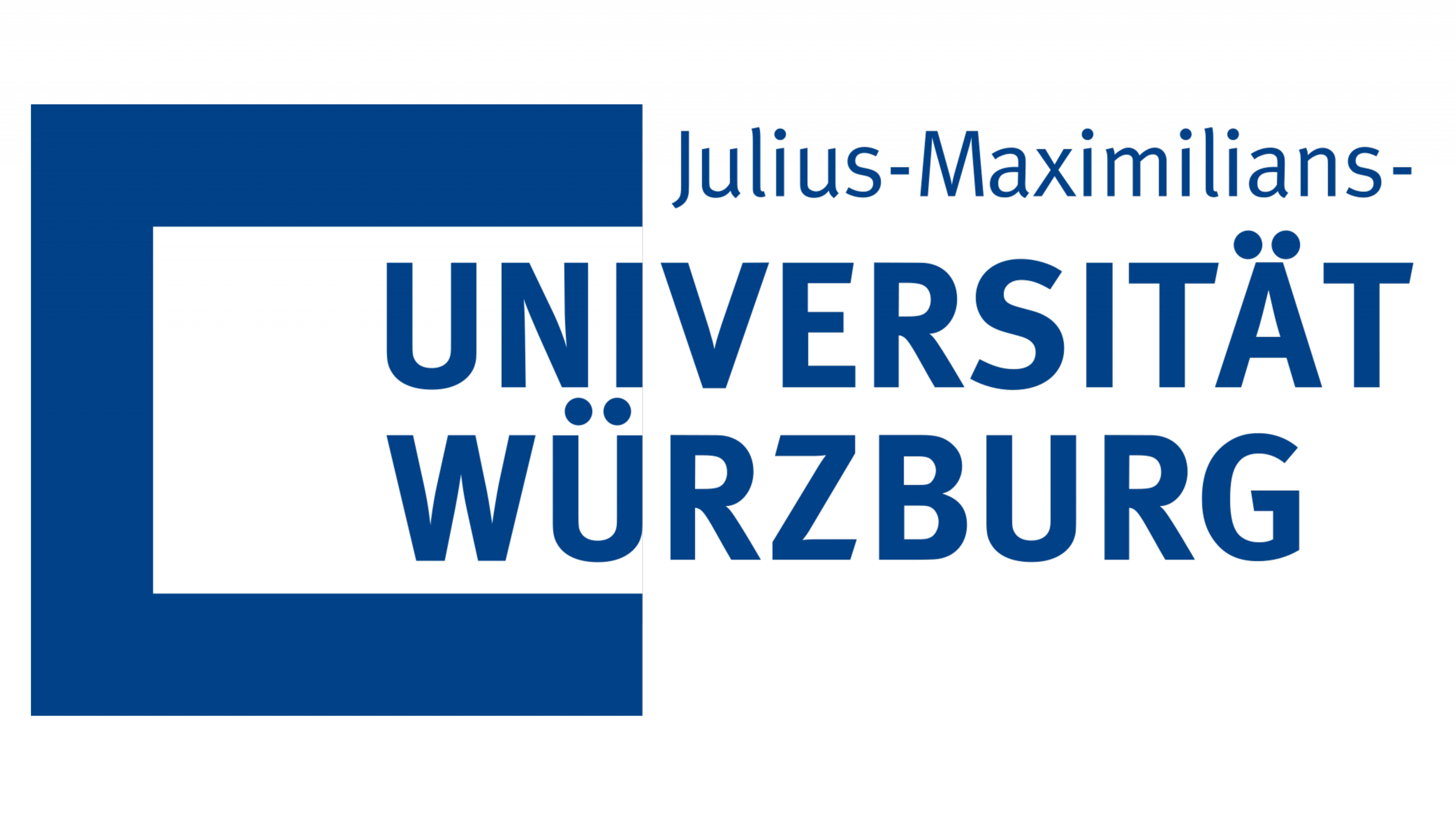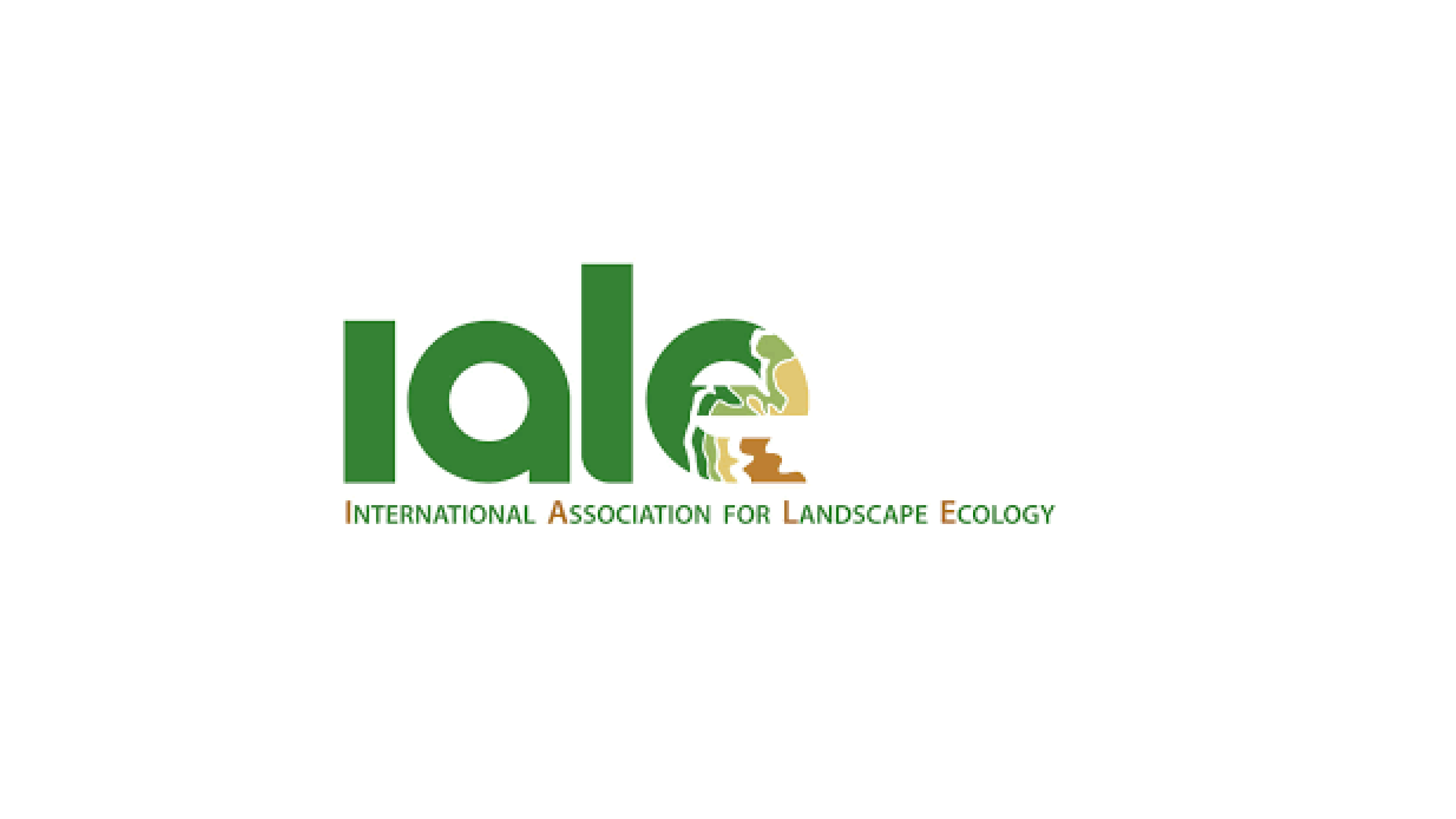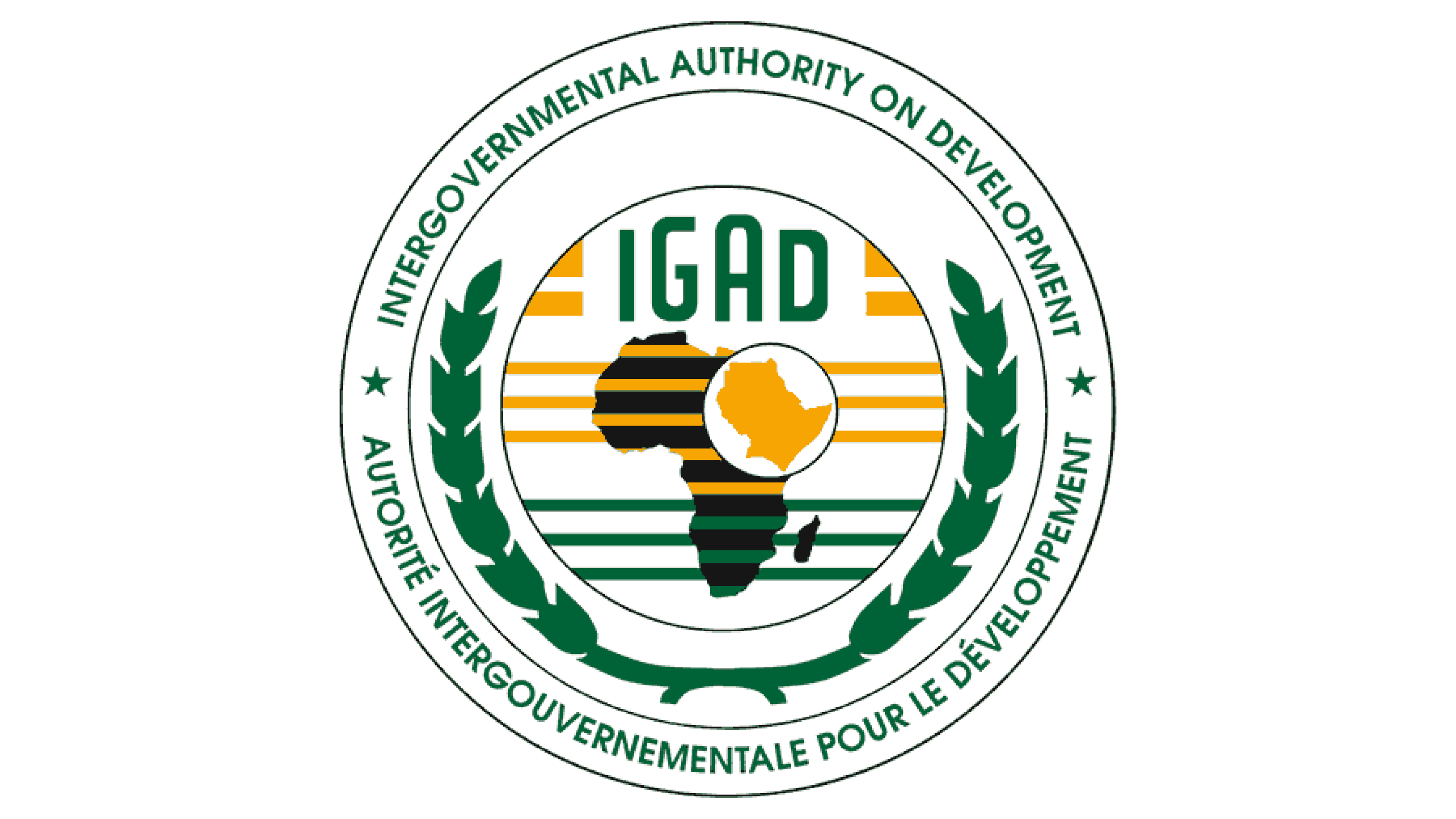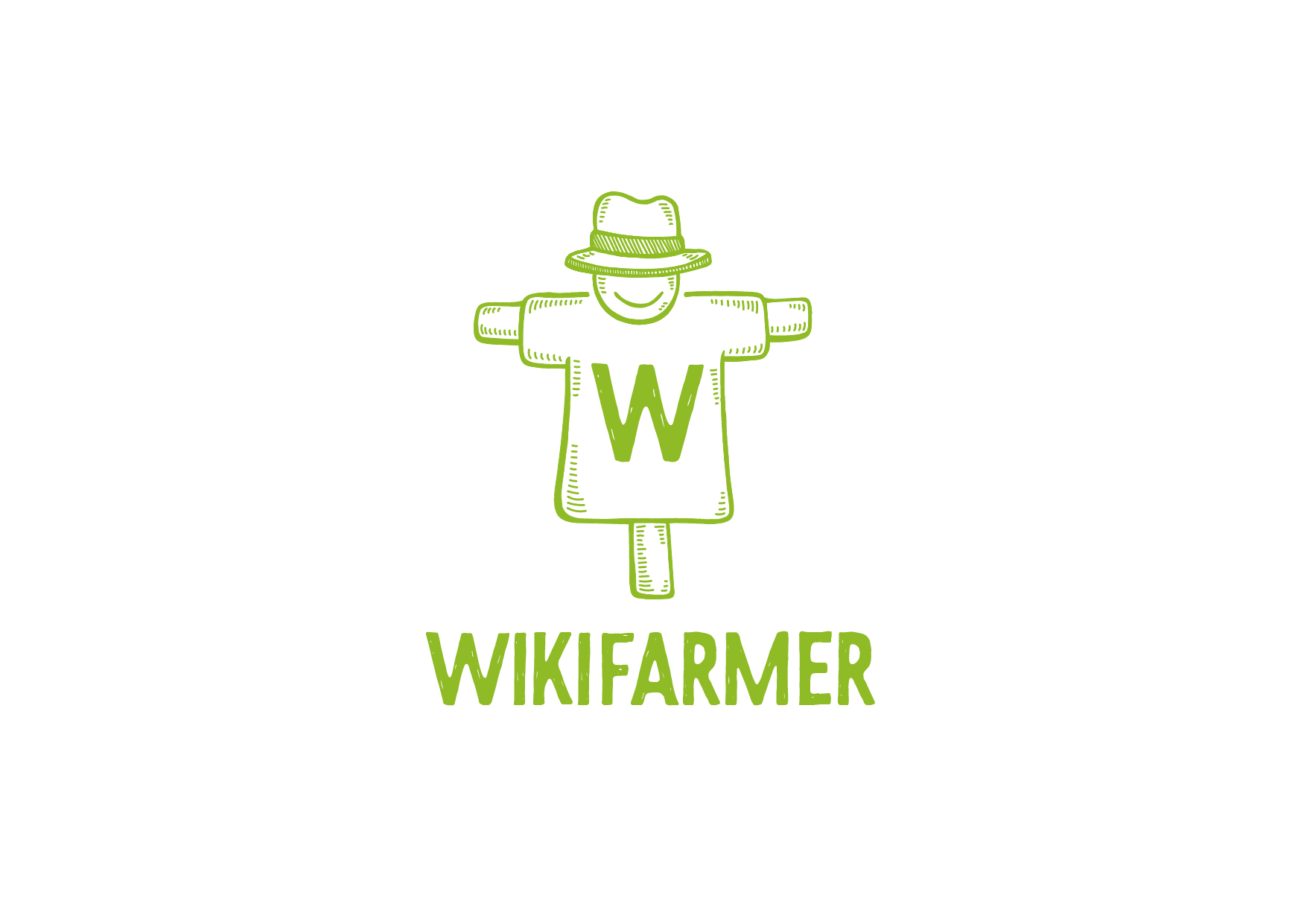UPSCALE aims to take key steps to realize the transformative potential of push-pull technology, to address food security, livelihoods and climate change resilience in the sub-Saharan region of East Africa, while reducing the environmental impact of agricultural practices. For this, it fosters the design, adaptation and adoption of strategies for integrated agro-ecological management based on push-pull technology for wide-spread and climate-resilient sustainable intensification.
THE UPSCALE PROJECT
IS ABOUT REALIZING THE TRANSFORMATIVE POTENTIAL OF PUSH-PULL TECHNOLOGY BY EXPANDING ITS SCOPE AND APPLICABILITY
UPSCALE PROJECT
What is the UPSCALE Project?
VALUE PROPOSITION
UPSCALE brings:
7 Universities, 10 Associations, Federations and Research institutes ready to implement and assist in the application and development of push-pull technology.
International experts on stakeholder engagement and communication.
18 partners ensuring the interdisciplinarity and multi-actor approach.
Multi-stakeholder collaborative events which will instigate public-private partnerships to improve farmers’ timely access to agricultural input-output markets and stimulate links to other agri-services like e-extension, insurance, credit and policy environments.
5 study regions supported by national infrastructure and projects.
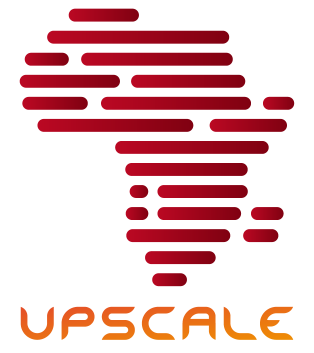
UPSCALE collaborates with farmers and regional partners to decide on a prioritized list of candidate crops from conventional, organic, cash and mixed subsistence crops, for adapting to push-pull. Particular attention is paid to integration within women-based farming systems as a means of gender mainstreaming, and to the use of traditional varieties and locally available and economically or culturally useful plant species in the development of effective push-pull innovation packages.
Our Testimonials
“I am very glad to coordinate the UPSCALE project and pursue the effort with all partners and stakeholders towards an expansion of the understanding and practice of push-pull agriculture in East Africa and beyond. UPSCALE will bring together scientists, NGOs, policy-makers, businesses and farmers in a concerted taskforce for the effective and sustainable intensification of agriculture, and will help pave the way towards transformational change and adaptation of agricultural systems in the face of climate change and other global drivers.”
“We are excited to continue our long-lasting research on biodiversity, ecosystem services, and global change in East Africa. Deepening the understanding of ecological processes that promote natural pest control and other ecosystem services is key for sustainable, biodiversity-friendly and climate-neutral farming systems. We are very much looking forward to collaborate with partners from many countries to upscale knowledge and to improve food security in Africa.“
“We conducted the initial muti-disciplinary push-pull R&D at icipe, developing, adapting, and optimizing the technology for several smallholder farming systems. We expect to bring this expertise and experience to the UPSCALE project by combining scientific, technical, and social innovation to research and scale up push-pull from individual farmers to regional value chains and policy. We expect that UPSCALE will facilitate multi-actor generation and exchange of knowledge, and capacity building of farm communities to improve productivity. Our passion is to undertake new research and network with farmers across Africa to sustainably intensify their farming systems and maximize the impact of UPSCALE.”
“Despite the proven benefits of push-pull technology, some existing factors such as socio- economic, environmental, gender, biotic, abiotic, and institutions may enhance or hinder its maximum adoption. We will work on creation of policy guidelines and strategies together with the Multi-Actor Communities that will enhance adoption for maximum benefits. We envisage a push-pull farming community that is well integrated in the value chain markets with farmers smiling all the way to the bank having attained maximum productivity. We hope to see well fed children and youth for a happy tomorrow.”
“Through the Multi Actor Community of practice (MACs), we aim to form part of the broad research capacity base with diverse skills, expertise, experience and competencies integrated to achieve increased uptake of Push Pull technology for food security and livelihoods beyond scales and project lifespan. It is our team’s expectation that the MACs as stakeholder platforms, would be used to strengthen linkages among networks, develop consistent market chains and diffuse socio-cultural resistance to adoption of Push Pull technology. Together we are able to generate sustainable solutions to smallholder farming community.”
“The ULUND team expects to contribute in innovative approaches to understand how push-pull technology is taken up and shapes the way farmers, the wider society, agricultural landscapes interact as part of dynamic socio-ecological systems, and under pressure from global change. Most importantly, this understanding will be achieved by joint learning with actors in the field, facilitating the achievement of UPSCALE’s ambitious aims for sustainable agriculture in East Africa. We look forward to sharing professionalism and scientific rigor, openness, trust, mutual understanding and support all along this voyage. The ongoing coronavirus pandemic emphasizes the need for collaboration and pro-active exchange even more than before. We will only succeed together.”
“For a long time push pull has been such a great example of a purely agro-ecological technique that helps poor farmers manage their pests and weeds, improve soil fertility and improve their yields. I have taught about push-pull for many years and students have always been really impressed by the achievements of the technique. I am now really proud to be able to contribute when we take push- pull on its next steps to help even more farmers to improve sustainability and livelihoods. I expect that UPSCALE will greatly improve our understanding of under which socio-ecological conditions push-pull works best and this will help us target when, where and how we can promote the technique for upscaling. SLU will contribute with expertise on landscape ecology, food-web ecology and soil ecology and we will lead some of the large-scale experiments to figure out when push pull works best.”
“I was always fascinated by the push-pull system: its ties to other traditional cropping systems from different parts of the world which have empirically been found to sustain soils, yield, and nutritional needs; and its basis in the principles of chemical ecology. We want to see whether the properties of plants in push-pull fields co-vary with their environment in ways that can help to explain differential success of push-pull across its current range of adoption. It has a great potential to ameliorate increasingly urgent food security deficits in sub-Saharan Africa, and I hope that knowledge gained from this approach can influence industrial-scale farming systems, where a path toward sustainability is also becoming urgent. The University of Zurich is committed to supporting research projects such as UPSCALE which have tangible benefits for society.”
“The positive effects of the push-pull technology, namely suppression of pests and crop productivity, have been widely reported. The systems may also deliver a range of ecosystem services to meet the multiple needs of rural families. Yet, this aspect has drawn less attention. Balancing production and other ecosystem services requires a better understanding of the synergies and multiple trade-offs within a system to inform the design of interventions toward more resilient agricultural landscapes. The University of KwaZulu Natal team expects to provide a more complete representation of the benefits and trade-offs of push-pull across different locations, soil types, and weather conditions. The team will focus on the meta-analysis of primary studies as well as multi-criteria decision and Bayesian network models for trade-off analysis to inform the formulation of evidence-based policies and practices for scaling up push-pull in sub-Saharan Africa.”

